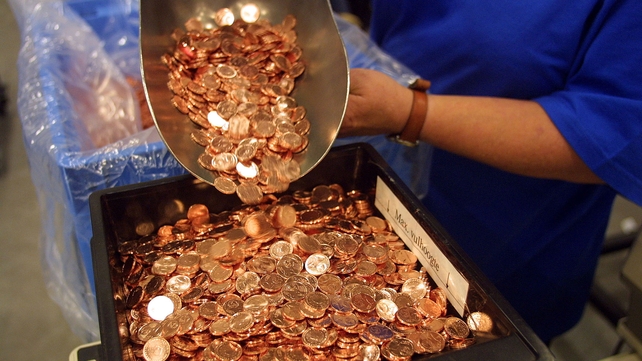
Central Bank scraps €220K 10pc deposit cap for first-time buyers
The Central Bank today announced the results of a review of its mortgage lending rules… and first-time buyers will now be able to borrow any amount with a deposit of 10 percent.
Previously, new borrowers could have been approved for a mortgage with a deposit of 10 percent on mortgages up to €220,000 only.

The restrictions were brought in early last year and were designed to rectify mounting concerns about Ireland's housing market.
However the 20 percent deposit rule will still to apply to second-time buyers.
The Central Bank will also be more open about the amount that first-time buyers can borrow, relative to their income.

Five percent of the value of new mortgage loans to first-time buyers will be allowed above the 90 percent loan to value limit, and 20 percent of the value of new lending to subsequent buyers for will be allowed above the 80 percent loan to value limit.
“Over the past 18 months, the measures have helped to ensure that those who buy homes are better prepared to manage their mortgage payments in the event of a future downturn in the economy or in the housing market,” Governor Philip Lane said.
The new mortgage lending rules come into effect in January and will be reviewed annually.















